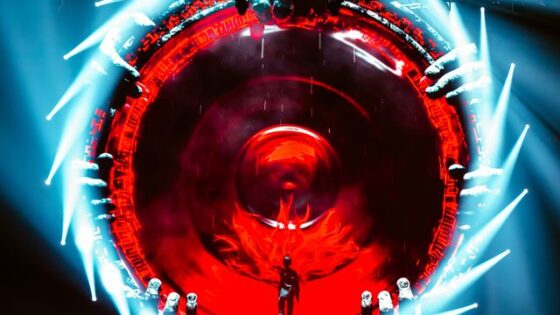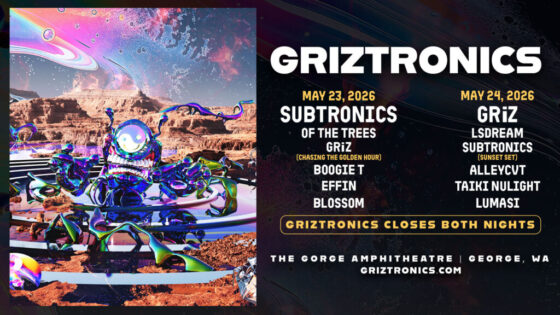Despite major wins for streaming services under the Music Modernization Act, Spotify is still struggling with a 2017 lawsuit from Bluewater Music Group. The lawsuit, which came from Spotify’s alleged failure to obtain mechanical licenses prior to streaming, has the potential to decide exactly which copyright holders can sue for royalties, even in a post-MMA landscape.
Although Spotify consistently pays performance royalties, identifying owners of mechanical copyrights has historically been much trickier for all services. The Music Modernization Act, signed into law this year, alleviates the situation by charging an external, government-run group with compiling complete (or, as close to complete as possible) master lists for holders of mechanical copyrights, streamlining the process for mechanical rights holders to get paid. The MMA also nullifies any suits dealing with mechanical copyright filed after the first of 2018. But, since the Bluewater suit was filed in 2017, well before the MMA, the suit still stands to alter the ways in which copyright law is interpreted.
Previous practices for use of songs required a Notice of Intent filed with each copyright holder and the Copyright Office, requiring the service that’s using the music to pay a minimum standard rate set by federal law. In this case, Spotify’s inability to track down Bluewater Music Group owners to file an NOI prevented them from ever paying out.
In September, Spotify attempted to have an appeals court throw the case out. They argued that, because streaming does not reproduce physical copies of songs, mechanical licensing cannot be applied to their service. The appeals court promptly threw out this appeal, countering that digital reproduction of songs did, in fact, fall under mechanical copyright law.
Spotify’s newest appeal argues that, because several entities can avoid the complications of mechanical copyright by simply filing an NOI, Bluewater Music group cannot be classified as exclusive copyright holders. Spotify’s argument would delay consideration of the full suit until an “exclusive” rights holder is fully defined. Since this case doesn’t have precedent, it’s difficult to predict how the courts will rule on this case, and the exact effect the ruling will have on copyright law under the Music modernization act. Clarification of what constitutes an “exclusive” rights holder has the potential to determine who can successfully file lawsuits in the future.
Important things happen in Pacific Northwest nightlife, and DMNW will send you alerts!











































